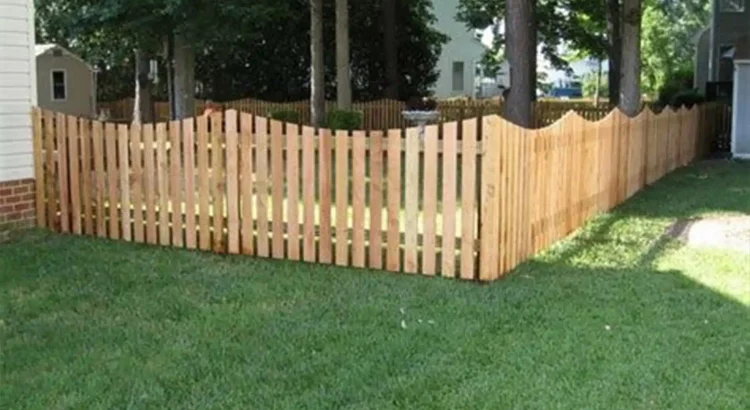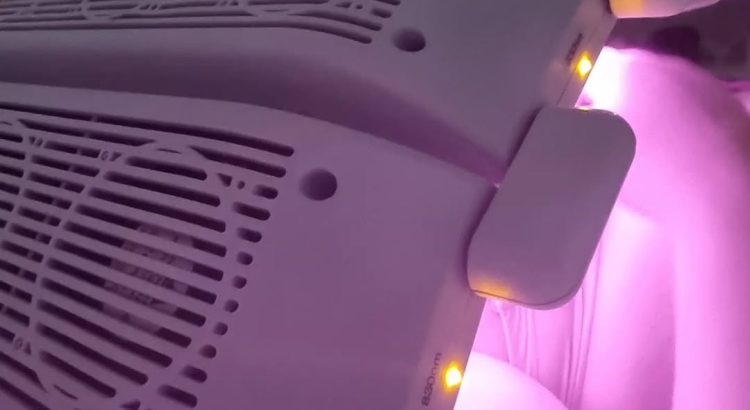If you’re in the market for a new fence for your property, look no further than a reputable fencing company. These businesses specialize in providing high-quality fencing solutions for both residential and commercial properties. From traditional wood fences to modern metal designs, a fencing company can help you find the perfect option to meet your needs.
Whether you’re looking to increase the security of your property, add privacy to your backyard, or enhance the aesthetic appeal of your home or business, a fencing company can help bring your vision to life. With their expertise and experience, they can guide you through the selection process and ensure that your new fence is installed correctly and efficiently.
Why Choose a Professional Fencing Company?
When it comes to installing a new fence, opting for a professional fencing company is the way to go. These experts have the knowledge and skills to recommend the best fencing solutions based on your specific needs and preferences. By working with a reputable Professional fence contractors near me, you can rest assured that your new fence will be installed with precision and quality craftsmanship, ensuring long-lasting durability.
They also have access to high-quality materials and tools that are necessary for a successful fence installation. Professional fencing companies have the expertise to handle any challenges that may arise during the installation process, giving you peace of mind knowing that your property is in good hands. In addition, a reputable fencing company will provide excellent customer service, working closely with you to ensure that your new fence meets all of your expectations. So, when it comes to selecting a new fence for your property, trust a professional fencing company to deliver exceptional results that will enhance both the function and appearance of your space.







